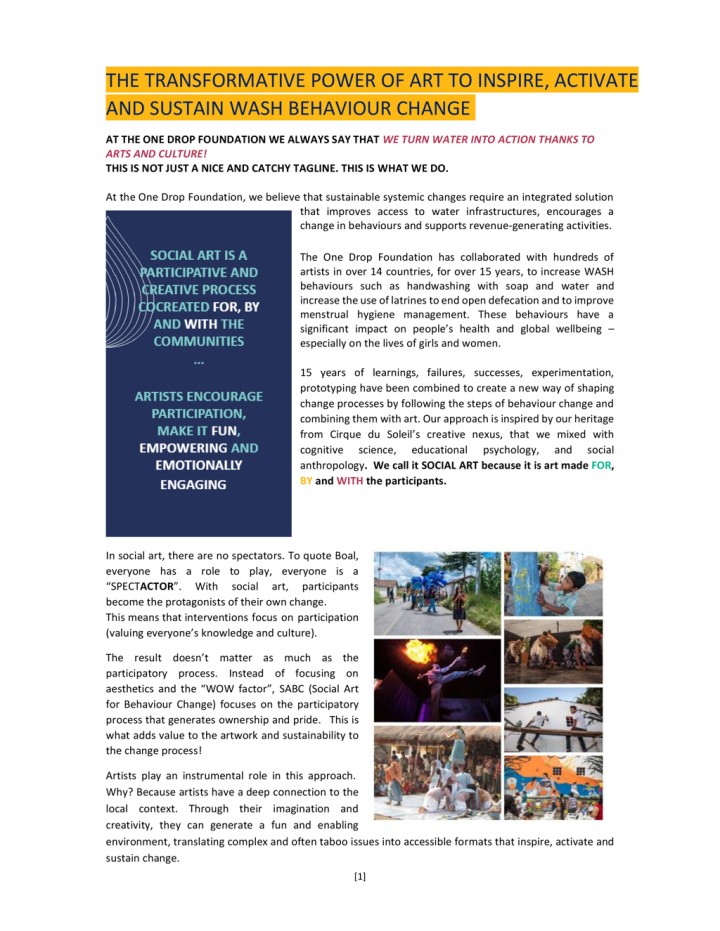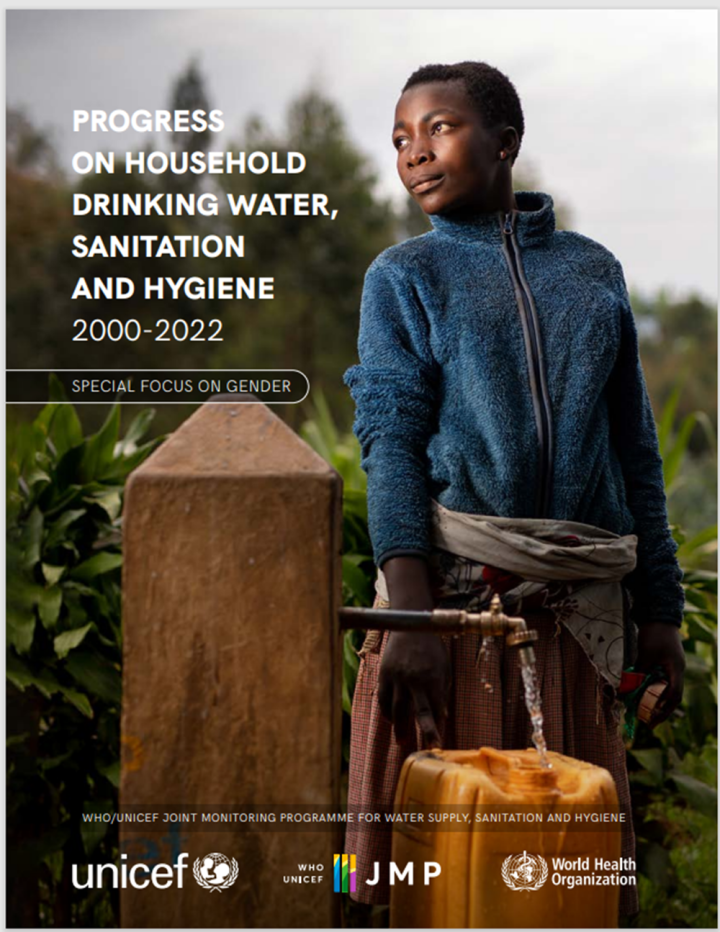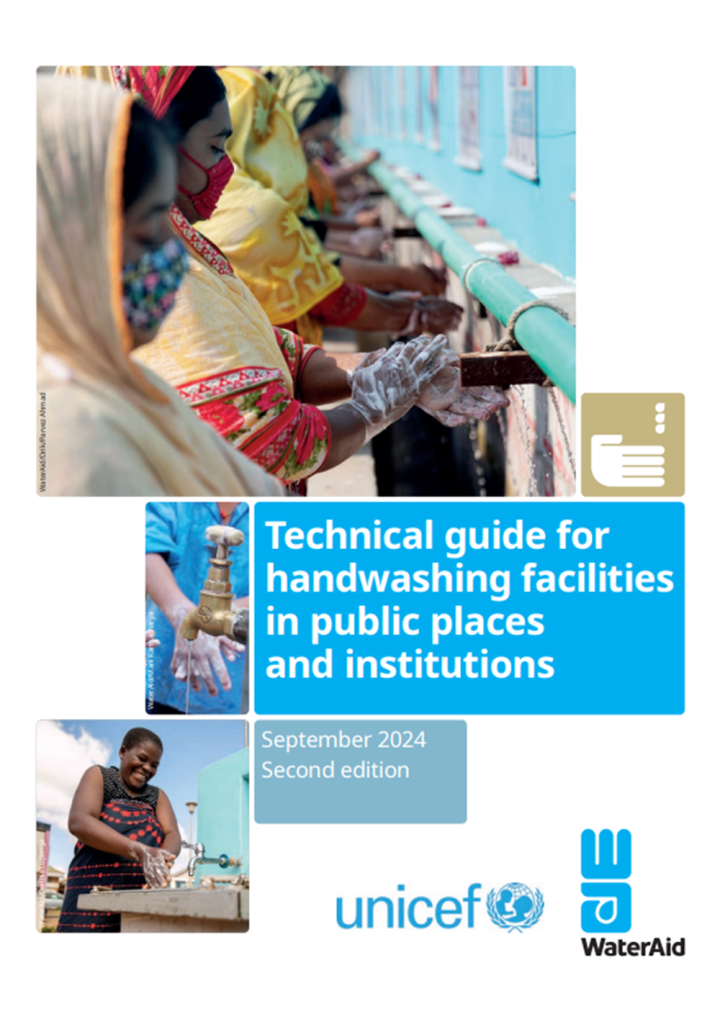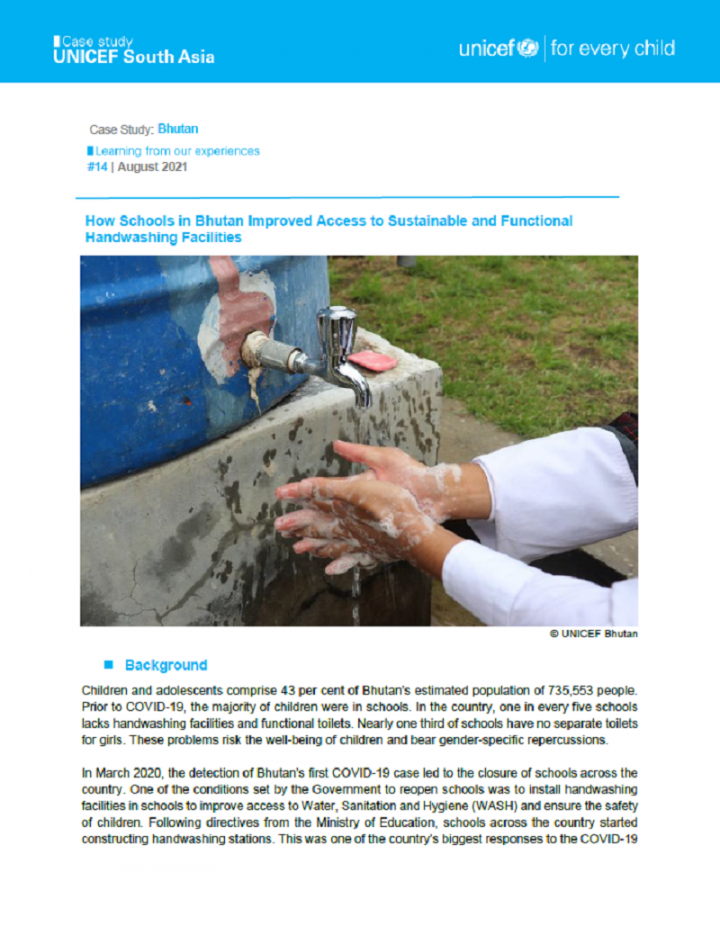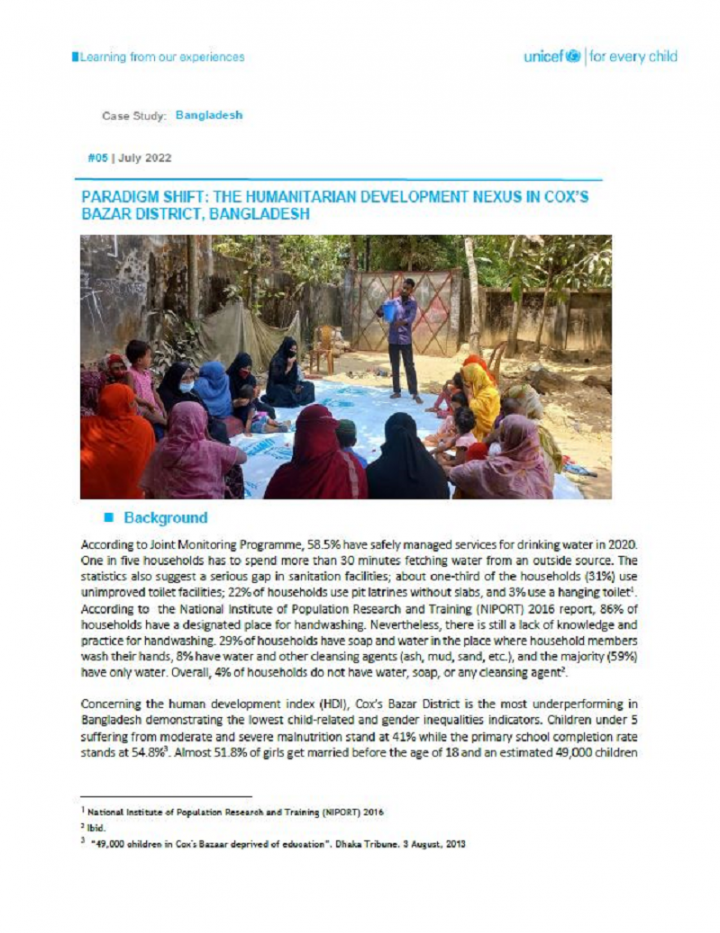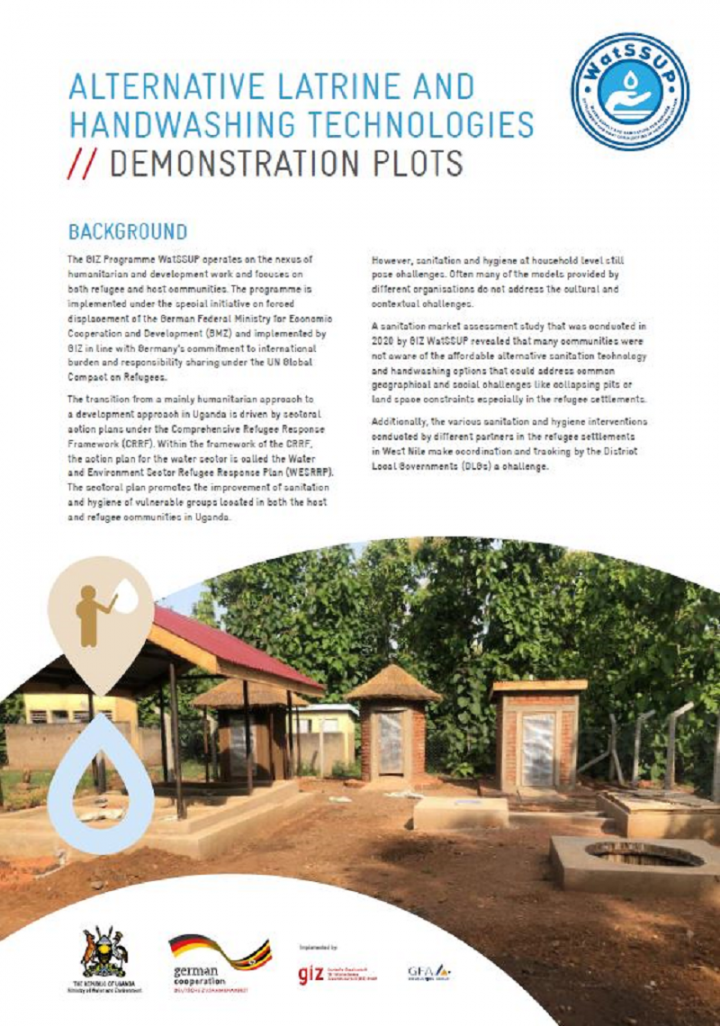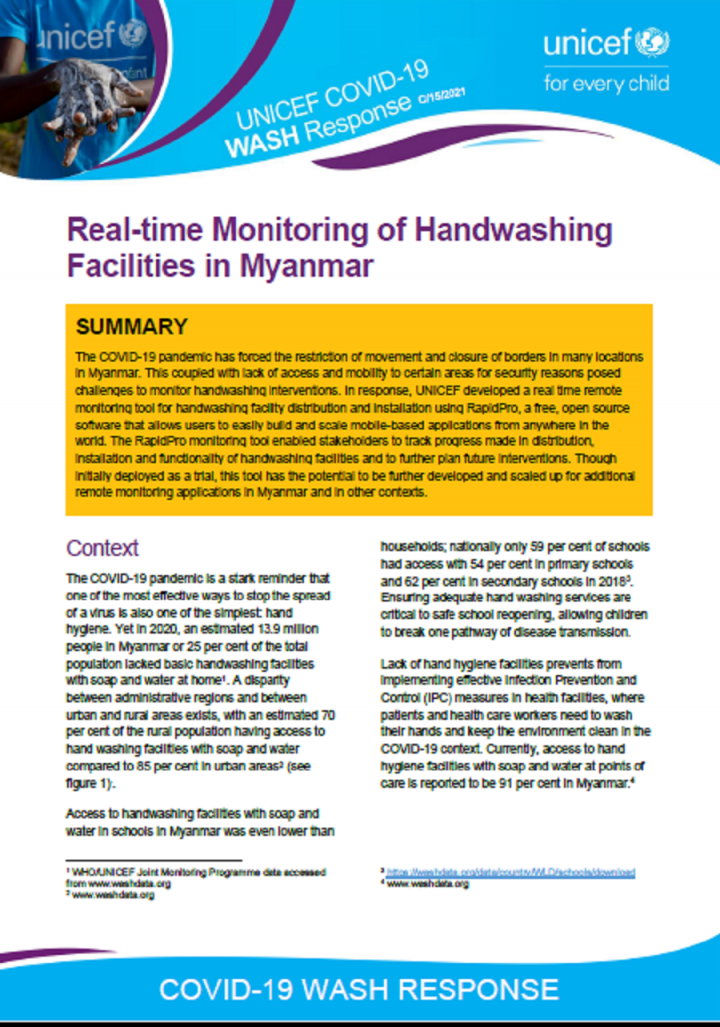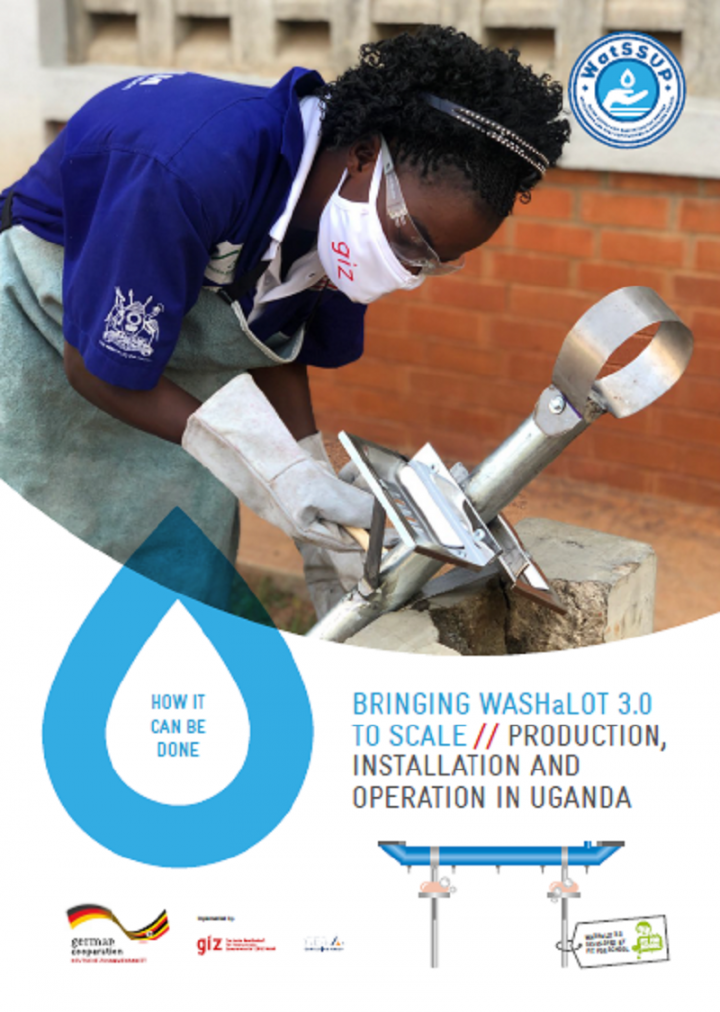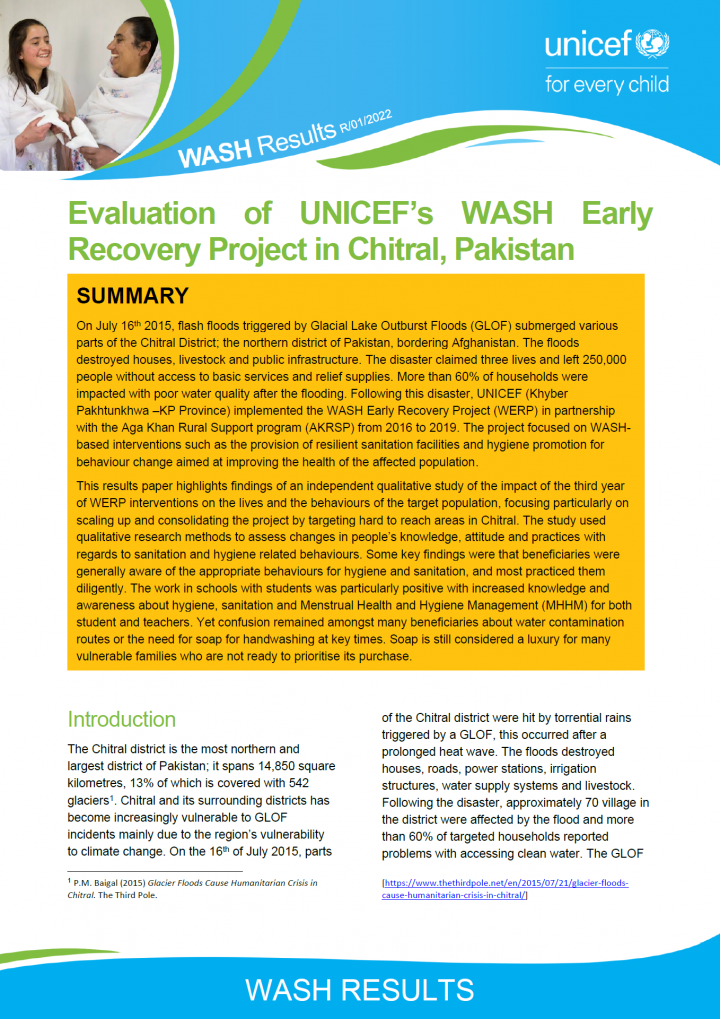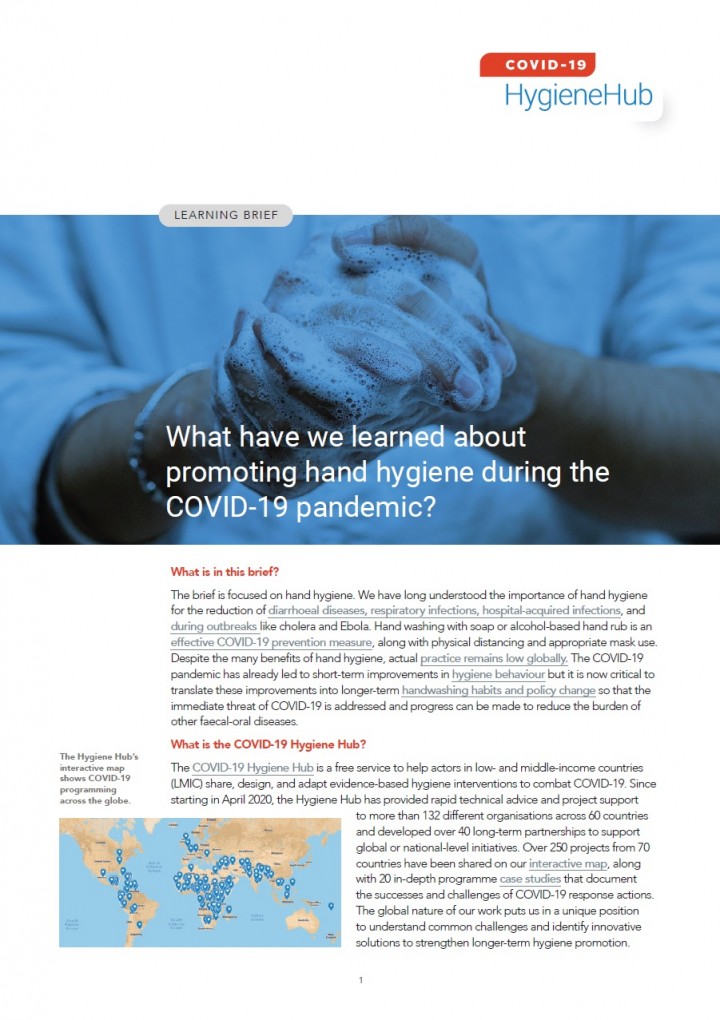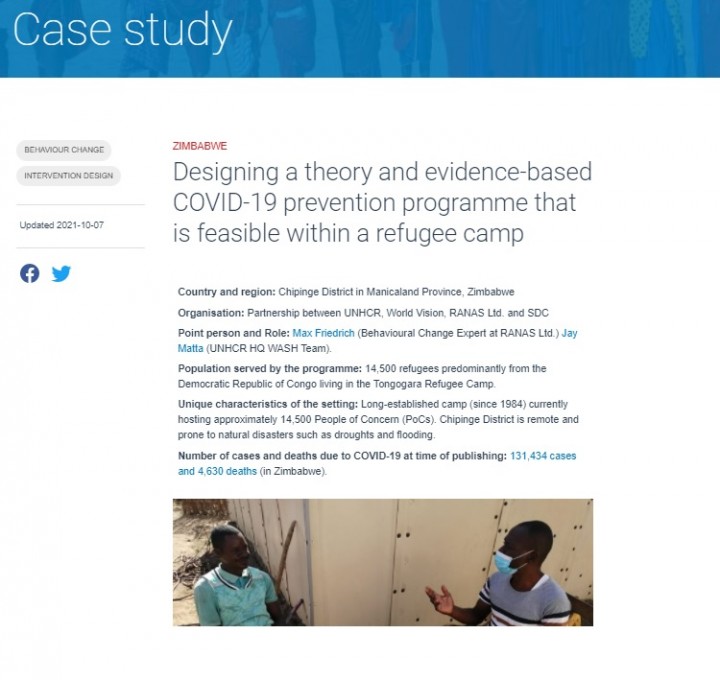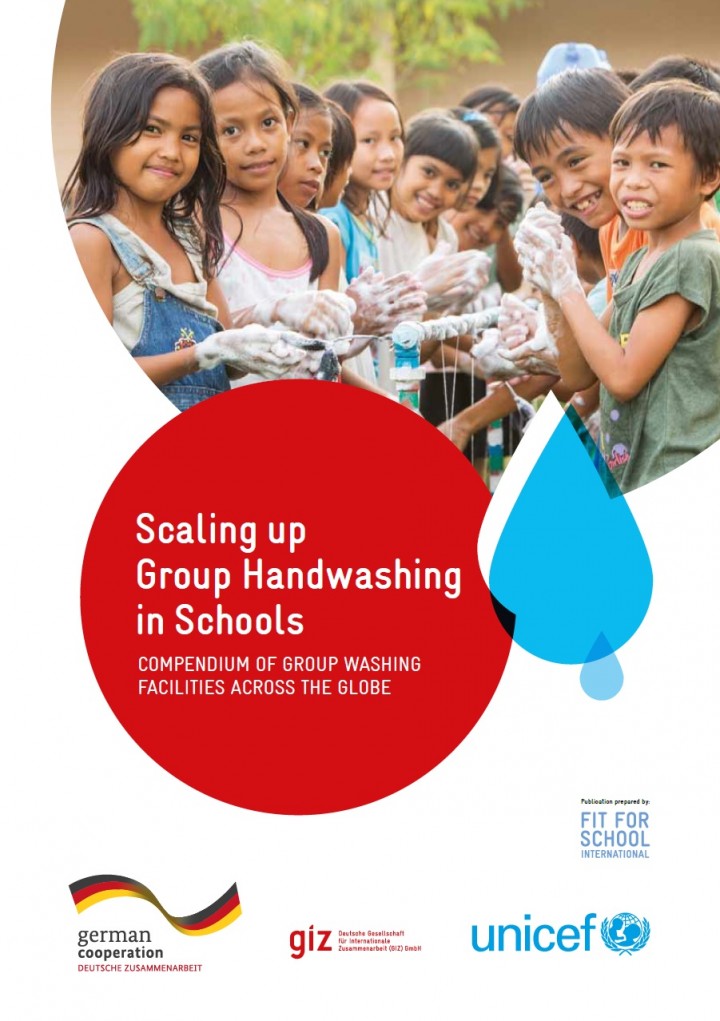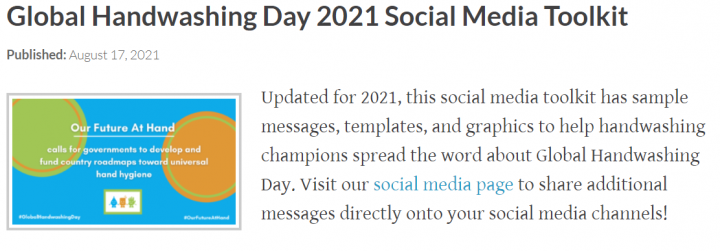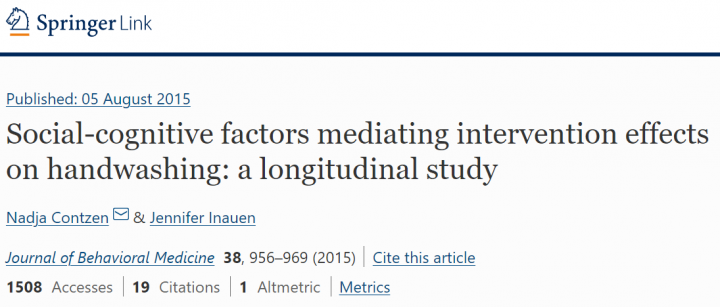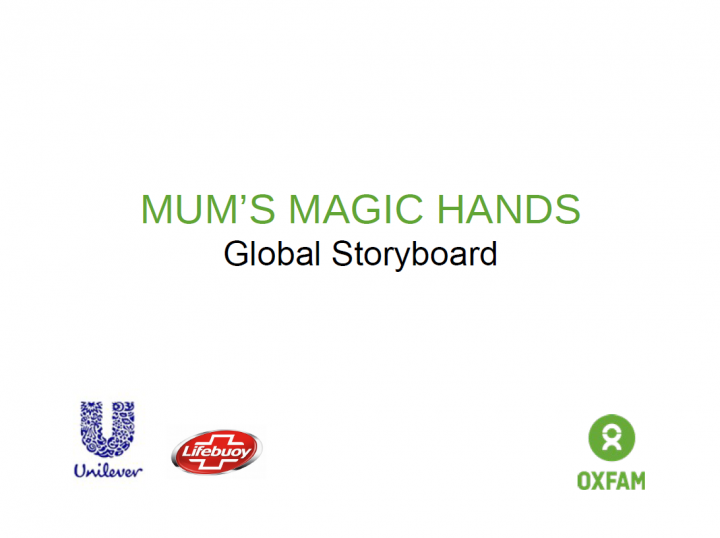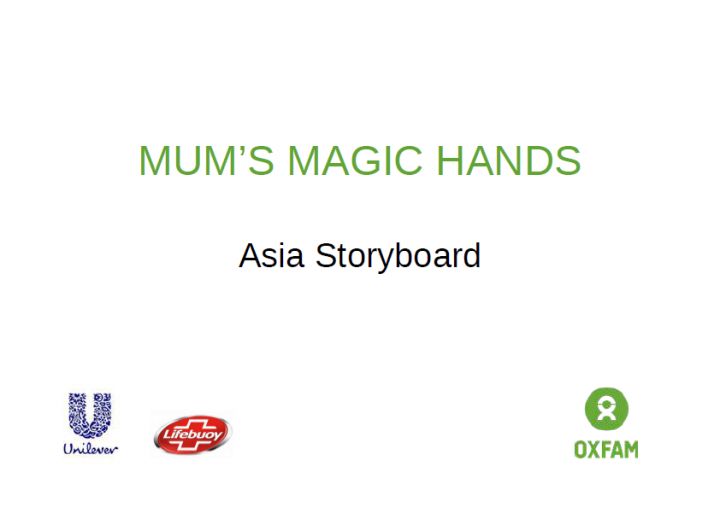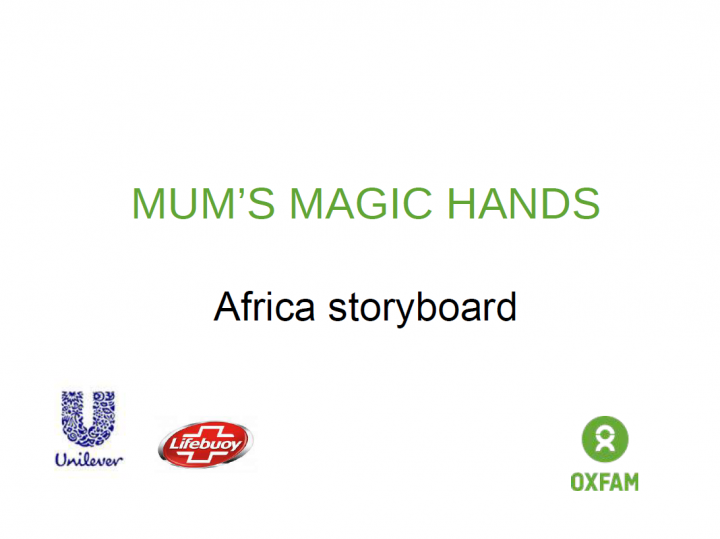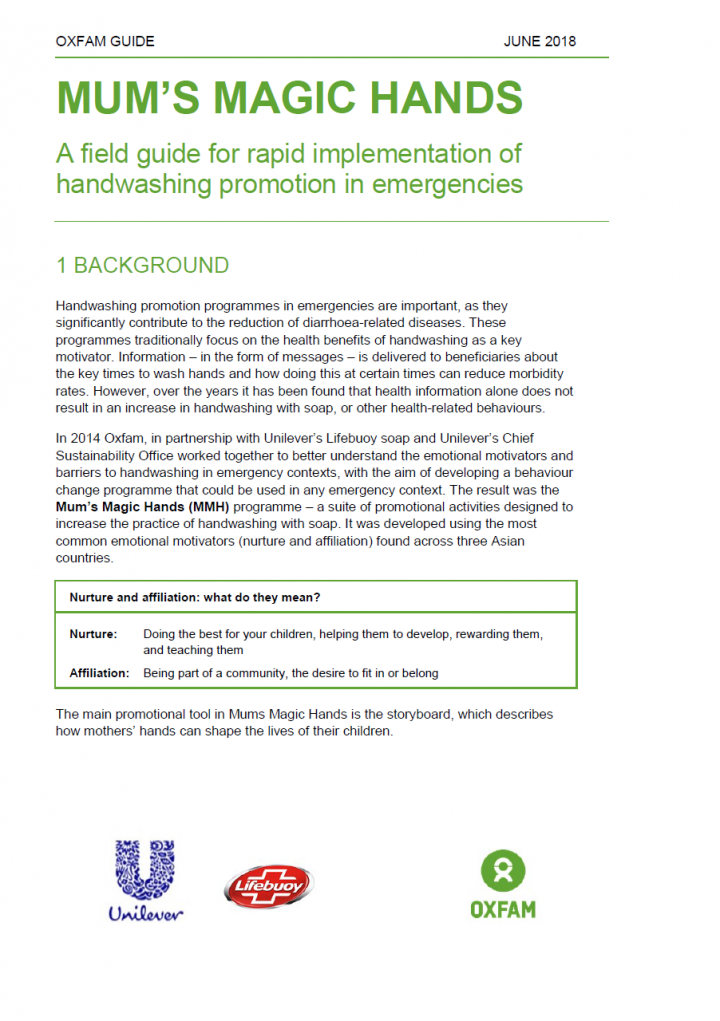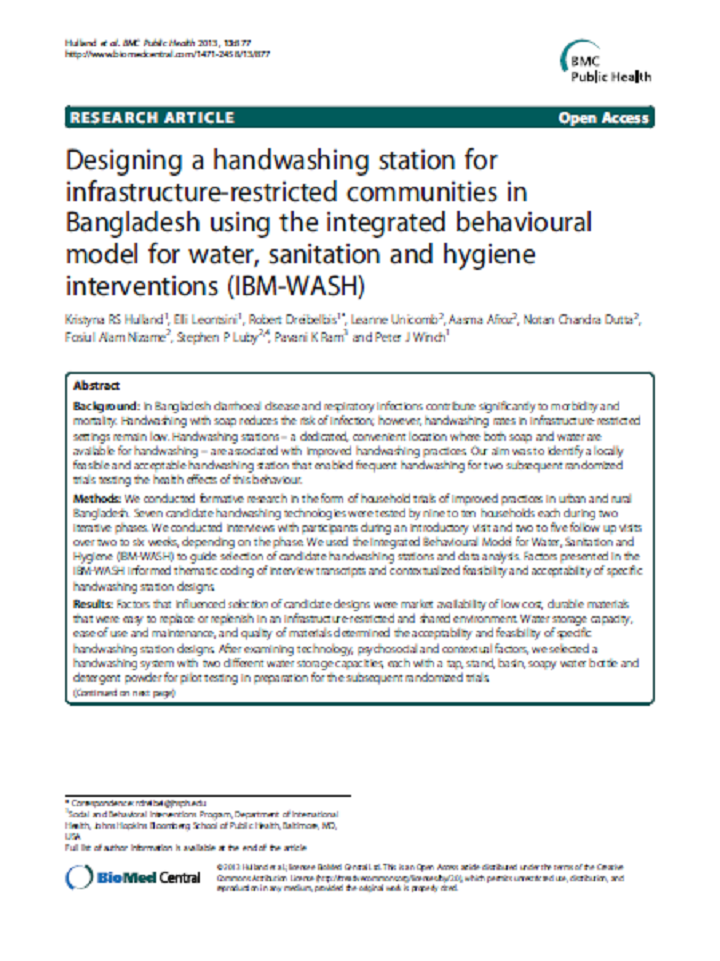One Drop Foundation () The Transformative Power of Art to Inspire, Activate and Sustain WASH Behaviour Change
At the One Drop Foundation, we believe that sustainable systemic changes require an integrated solution that improves access to water infrastructures, encourages a change in behaviours and supports revenue-generating activities. The One Drop Foundation has collaborated with hundreds of artists in over 14 countries, for over 15 years, to increase WASH behaviours such as handwashing with soap and water and increase the use of latrines […]
WHO & UNICEF (2023) Progress on household drinking water, sanitation and hygiene 2000-2022: special focus on gender
"The 2030 Agenda for Sustainable Development called for ‘ensuring availability and sustainable management of water and sanitation for all’ under SDG6, and established ambitious new indicators for WASH services under targets 6.1 and 6.2. The SDG global target for sanitation and hygiene (6.2) includes an explicit reference to ‘paying special attention to the needs of women and girls’, but there remains a lack of commonly […]
Om Prasad Gautam, Babazile Bhembe, Lindsay Denny, Lara Kontos, Joana Da Cunha Forte, Golam Muktadir and John Knight (2024) Technical guide for handwashing facilities in public places and institutions
Hand hygiene is a key line of defence for many diseases, including diarrhoea and cholera. To maintain good hand hygiene and get more people into the habit of regularly washing their hands, public handwashing facilities with soap and water are essential. For many years, we have worked with governments, UNICEF and other organisations to install handwashing facilities in a range of public places and buildings, including […]
UNICEF (2021) How Schools in Bhutan Improved Access to Sustainable and Functional Handwashing Facilities
Children and adolescents comprise 43 per cent of Bhutan’s estimated population of 735,553 people. Prior to COVID-19, the majority of children were in schools. In the country, one in every five schools lacks handwashing facilities and functional toilets. Nearly one third of schools have no separate toilets for girls. These problems risk the well-being of children and bear gender-specific repercussions. In March 2020, the detection of […]
Mamun, Z. (2022) PARADIGM SHIFT: THE HUMANITARIAN DEVELOPMENT NEXUS IN COX’S BAZAR DISTRICT, BANGLADESH
According to Joint Monitoring Programme, 58.5% have safely managed services for drinking water in 2020. One in five households has to spend more than 30 minutes fetching water from an outside source. The statistics also suggest a serious gap in sanitation facilities; about one-third of the households (31%) use unimproved toilet facilities; 22% of households use pit latrines without slabs, and 3% use a hanging […]
GIZ WatSSUP (2022) ALTERNATIVE LATRINE AND HANDWASHING TECHNOLOGIES // DEMONSTRATION PLOTS
The GIZ Programme WatSSUP operates on the nexus of humanitarian and development work and focuses on both refugee and host communities. The programme is implemented under the special initiative on forced displacement of the German Federal Ministry for Economic Cooperation and Development (BMZ) and implemented by GIZ in line with Germany’s commitment to international burden and responsibility sharing under the UN Global Compact on Refugees. […]
FIT FOR SCHOOL, OXYD (0) WASHaLOT 3.0 Technical Details
WASHaLOT 3.0 is a versatile design of a group handwashing facility that accommodates many users at the same time and a water-saving facility with automatically closing individual water outlets. To support the adaption of the WASHaLOT 3.0, documents are made available to the public to guide in the production process of the WASHaLOT 3.0.
H. Berhe (UNICEF Eritrea) (2022) Real-time Monitoring of Handwashing Facilities in Myanmar
The COVID-19 pandemic has forced the restriction of movement and closure of borders in many locations in Myanmar. This coupled with lack of access and mobility to certain areas for security reasons posed challenges to monitor handwashing interventions. In response, UNICEF developed a real time remote monitoring tool for handwashing facility distribution and installation using RapidPro, a free, open source software that allows users to […]
Salian, P., Bucovineanu, A. (2022) Bringing WASHaLOT 3.0 to scale // Production, Installation and Operations in Uganda
The COVID-19 pandemic highlighted the need for regular hand hygiene at a global level. Although the urgency of this context cannot be denied, the benefits from streamlining hand hygiene at a global scale are immense and go beyond the current pandemic response. WASHaLOT is an innovative group handwashing facility that has been adapted for the Ugandan context. It is a durable, cost effective, water-saving alternative to […]
UNICEF (2022) Evaluation of UNICEF’s WASH Early Recovery Project in Chitral, Pakistan
On July 16th 2015, flash floods triggered by Glacial Lake Outburst Floods (GLOF) submerged various parts of the Chitral District; the northern district of Pakistan, bordering Afghanistan. The floods destroyed houses, livestock and public infrastructure. The disaster claimed three lives and left 250,000 people without access to basic services and relief supplies. More than 60% of households were impacted with poor water quality after the […]
White, S. (2020) Global Handwashing Day Report: What Have we Learned About Promoting Hand Hygiene During the COVID-19 Pandemic COVID-19 Hygiene Hub
The brief is focused on hand hygiene. We have long understood the importance of hand hygiene for the reduction of diarrhoeal diseases, respiratory infections, hospital-acquired infections and during outbreaks like cholera and Ebola. Hand washing with soap or alcohol-based hand rub is an effective COVID-19 prevention measure along with physical distancing and appropriate mask use. Despite the many benefits of hand hygiene, actual practice remains […]
UNHCR, World Vison, RANAS, SDC (2021) Designing a Theory and Evidence-based COVID-19 Prevention Programme that is Feasible within a Refugee Camp
UNHCR, World Vision, and RANAS Ltd. came together in April 2020 to design a theory-driven evidence-based behaviour change intervention aiming to increase handwashing with soap (HWWS) and physical distancing among Tongogara Refugee Camp residents in response to the COVID-19 pandemic.
UNICEF, GIZ (2016) Scaling Up Group Handwashing in Schools Compendium of Group Washing Facilities Across the Globe
Global Handwashing Partnership (2021) Global Handwashing Day 2021 Social Media Toolkit
Contzen, N., Inauen, J. (2015) Social-Cognitive Factors Mediating Intervention Effects on Handwashing: A Longitudinal Study
Handwashing with soap effectively prevents diarrhoea, a leading cause of death in infants. Theory-based interventions are expected to promote handwashing more successfully than standard approaches. The present article investigates the underlying change processes of theory-based handwashing interventions. A nonrandomised field study compared a standard approach to two theory-based interventions that were tailored to the target population, the inhabitants of four villages in southern Ethiopia (N […]
Oxfam (2018) Mum’s Magic Hands. Global Story Board
Oxfam and Unilever’s Chief Sustainability Office carried out extensive research on handwashing practice in emergency contexts. We found nurture to be one of the most powerful motivators driving handwashing with soap among mothers. Even during a crisis, mothers continue to nurture their children to ensure they go onward in life and succeed in bringing fruition to their efforts and fulfillment to their lives. Handwashing fits […]
Oxfam (2018) Mum’s Magic Hands. Asia Storyboard
Oxfam and Unilever’s Chief Sustainability Office carried out extensive research on handwashing practice in emergency contexts. We found nurture to be one of the most powerful motivators driving handwashing with soap among mothers. Even during a crisis, mothers continue to nurture their children to ensure they go onward in life and succeed in bringing fruition to their efforts and fulfillment to their lives. Handwashing fits […]
Oxfam (2018) Mum’s Magic Hands. Africa Storyboard
Oxfam and Unilever’s Chief Sustainability Office carried out extensive research on handwashing practice in emergency contexts. We found nurture to be one of the most powerful motivators driving handwashing with soap among mothers. Even during a crisis, mothers continue to nurture their children to ensure they go onward in life and succeed in bringing fruition to their efforts and fulfillment to their lives. […]
Oxfam (2018) Mum’s Magic Hands. A Field Guide for Rapid Implementation of Handwashing Promotion in Emergencies
Handwashing promotion programmes in emergencies are important, as they significantly contribute to the reduction of diarrhoea-related diseases. These programmes traditionally focus on the health benefits of handwashing as a key motivator. Information – in the form of messages – is delivered to beneficiaries about the key times to wash hands and how doing this at certain times can reduce morbidity rates. However, over the years […]
Hulland, K., Leontsini, E., Dreibelbis, R., Unicomb, L., Afroz, A., Dutta, N.C., Nizame, F.A., Luby, S.P., Ram, P.K., Winch, P.J. (2013) Designing a Handwashing Station for Infrastructure-Restricted Communities in Bangladesh Using the Integrated Behavioural Model for Water, Sanitation and Hygiene Interventions (IBM-WASH)
In Bangladesh diarrhoeal disease and respiratory infections contribute significantly to morbidity and mortality. Handwashing with soap reduces the risk of infection; however, handwashing rates in infrastructure-restricted settings remain low. Handwashing stations – a dedicated, convenient location where both soap and water are available for handwashing – are associated with improved handwashing practices. Our aim was to identify a locally feasible and acceptable handwashing station that […]
